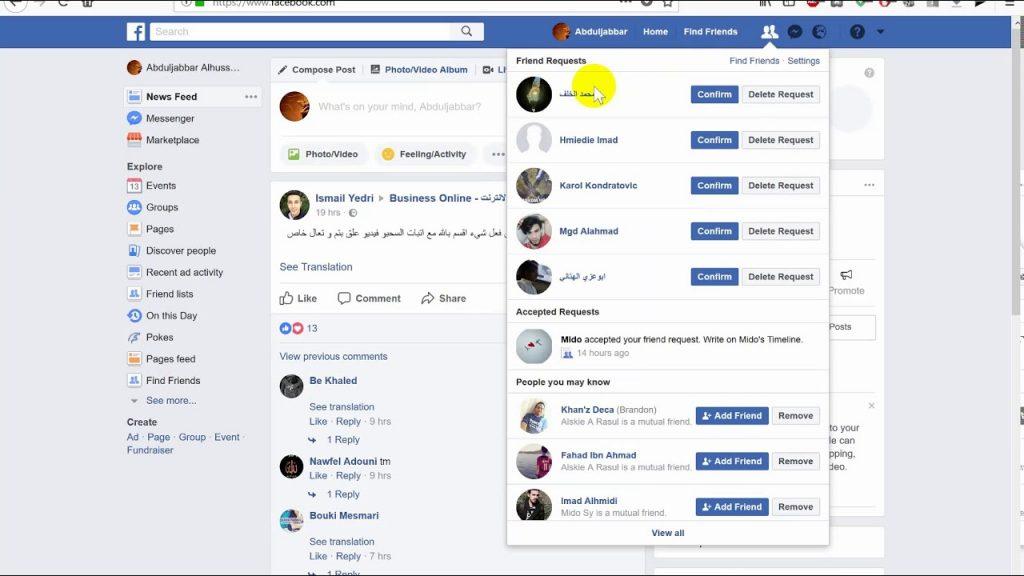The French blog "Amiliore ta Santi" published a report in which it reviewed some tips that help protect personal data on the Internet. The blog said in the report, which was translated by "Arabi21", that most of our daily activities are currently carried out via the Internet, such as buying and selling, banking, entertainment and browsing websites. different.
With the expansion of network usage, cybercrime and data theft multiplied, which necessitates applying some security tips to protect our personal data.
Why is your personal data on the network so important?
Navigating through cyberspace provides valuable information to companies, so hackers collect data and sell it to the highest bidder. For example, after you search for a sports shoe model, you may notice that every page you visit contains ads about that product, because websites collect the information you search to send ads about products that interest you.
Read also: Occupation uses software to collect personal data on Palestinians
This way, companies make sure that their ads reach the right people. And when businesses get your phone number or email, you constantly receive messages with their ads. Technologies used to steal data
Theft of identity data and banking information is one of the most common electronic crimes. Phishing is one of the most prominent techniques used in data theft, and this type of hacking is done through emails that ask you for some information, such as your bank account password. Tips to protect personal data
Intrusion antivirus systems are constantly evolving and can detect malware. The user can take some simple steps to reduce the chances of fraud or data theft. 1- Social network settings

Take a few minutes of your time to review your privacy settings on social networks. You can limit the list of people who can see and interact with your posts by allowing them to comment on them.
Best of all, this list should be restricted to people you know well to see your activities on these networks. This way your photos will not fall into the hands of anyone with whom you do not have any kind of relationship. 2- Strong passwords
One of the most important measures to preserve your data is the strength of your password, because you are likely to have accounts on many sites, including those of banks.
Accounts are not easily hacked if complex passwords are adopted, and it is best to avoid birthdays when choosing a password, and make sure that it contains letters, numbers and symbols. Also avoid using one password for all your accounts, and change it every two or three months. 3- Avoid personal data
Don't share your personal data with anyone you don't know on the web, and don't forget that banks and credit card companies never ask you to reveal your passwords. If you are suspicious of the content of an email, try checking the sender's address, and you will often discover that it is not related to the company it claims to represent. 4- Download files with caution.
If you download files or programs, make sure they are trustworthy. Remember that malware can steal bank account and credit card data by downloading some files and malware. 5- Don't accept friend requests from people you don't know.
Avoid accepting friend requests on social media platforms from people you don't know, because they may be fake accounts whose purpose is to hack your account.
6- Avoid public Wi-Fi networks
Nowadays, Wi-Fi networks are available in almost all public places for the benefit of customers. Be careful in dealing with these networks, and do not use them to access your bank account or social media. 7- Clean your computer daily
Before shutting down the computer, it is best to close all windows and clear the cache to get rid of malicious files. 8- Update your antivirus software
Do not forget to update your antivirus because malware is constantly renewed and evolving.